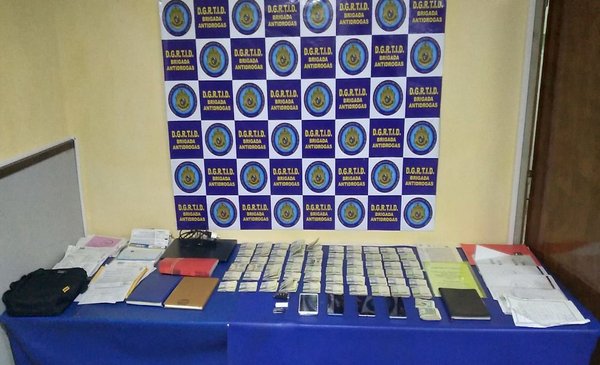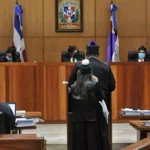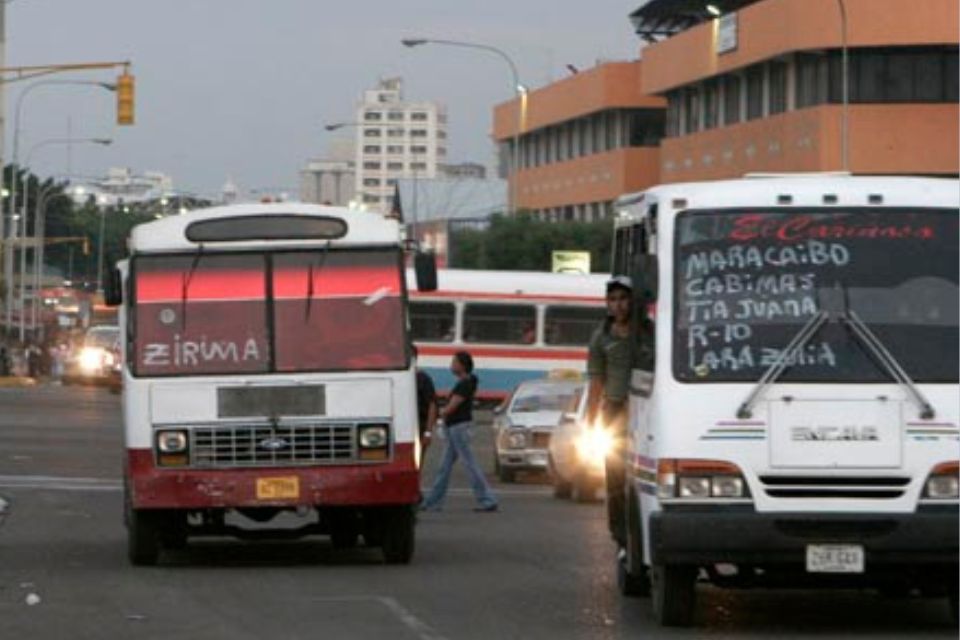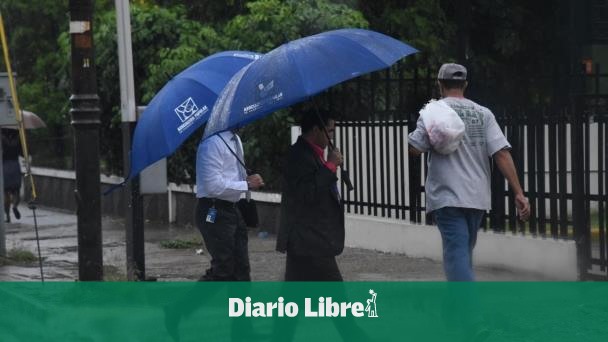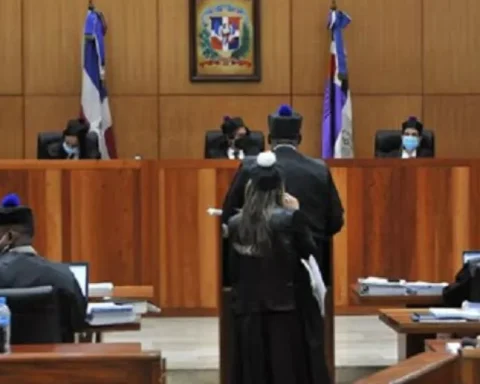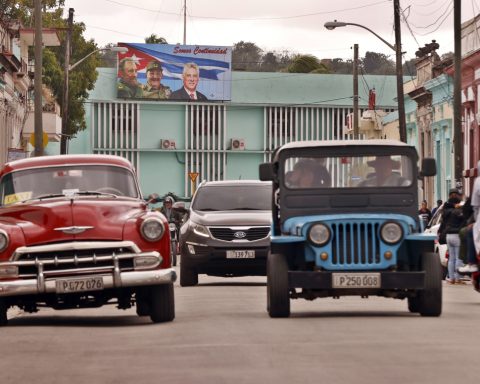Police arrested an organization that used low-income people as “human couriers” or “mules” to transport drugs abroadconfirmed the Ministry of the Interior in a statement on Monday.
The investigation, dubbed as “Harpagus”began in November 2021, when a woman was arrested at the Carrasco Airport wanting to transport three kilos of cocaine to Spain, hidden in “hidden compartments” of a suitcase. This woman was sentenced to three and a half years in prison for the crime of “attempted export of a narcotic substance”They reported from the Ministry.
The prosecutor of Ciudad de la Costa Fernando Valerio, in charge of the case, continued with the investigation and determined that there was a gang responsible for the woman’s crime, which “he recruited low-income people” to traffic drugs as “mules” with “the promise of generous remuneration”detailed the portfolio.
When the deal came to fruition, the money the organization earned it was introduced to the financial system through “several renowned companies in the glass industry” managed by the group, with which they laundered the profits from drug trafficking.
The Ministry indicated that these glass shops They are owned by “an important businessman from the local environment of this capital”. Consulted by the name of the businessman and his glassworks, sources from the Ministry of the Interior told The Observer that this information cannot be disclosed because the investigation continues.
in the past week four glass shops and three houses of people linked to the criminal organization were raided, operations in which they were arrested three people (two men and one woman).
In addition, they seized, among other things, almost $2 million and US$30 thousand, two kilos of cocaine, seven vehicles and “documentation related to the finances of the companies created by the head in charge of logistics”linked to the export of drugs, detailed from Interior.
The woman was sentenced for the crime of “possession not for consumption” to four years in prisonand one of the men was sentenced for “assistance to criminal activity” to 24 months in prison in different modalities: the first six months in jail, the next 12 months in full house arrest and the last six in night house arrest. The third person involved was released.
